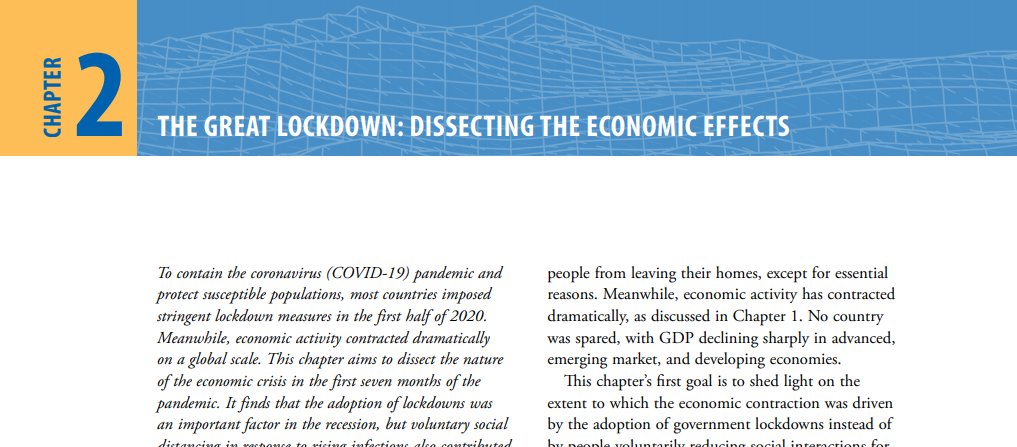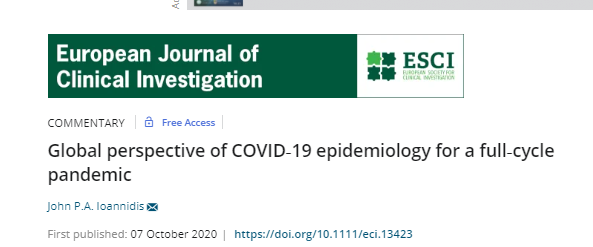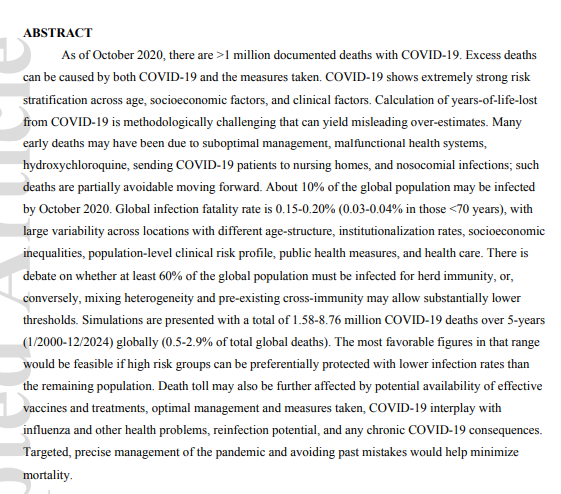
Something that I think is worth explaining:
The term "herd immunity" has a few different meanings, all of which are quite precise. This is an important point
The term "herd immunity" has a few different meanings, all of which are quite precise. This is an important point

In a very strict mathematical sense, herd immunity is the slowing of disease spread due to sufficient infected people in a population (such that Rt<1)
This leads to the second definition, which is the ability to calculate immunity within a population based on dynamics of disease spread
And finally, the common usage that's being bandied around a lot these days - herd immunity to describe a population which is largely immune to outbreaks of an infectious disease due to existing population immunity
Problem is, all three of these are being combined into a single idea in the popular media, which is not great because only definition 3 results in a somewhat permanent ending to the pandemic
The #GreatBarringtonDeclaration, for example, uses the first definition in a very disingenuous way to imply that endemic transmission of the disease (where Rt may at some points be <1) is equivalent to population immunity that prevents outbreaks
If someone uses the term "herd immunity" to describe an actual strategy or outcome from COVID-19, it's worth digging in to EXACTLY what they mean by that term, because often it's very much not what you'd imagine
And if you're interested in reading more, this article is a great place to start:
academic.oup.com/cid/article/52…
academic.oup.com/cid/article/52…
Also, I made an error in the second tweet - in a strict mathematical sense, herd immunity is having sufficient people IMMUNE to the disease in a population. Infection does not always confer immunity, and you can be immune without infection (vaccines!)
• • •
Missing some Tweet in this thread? You can try to
force a refresh











